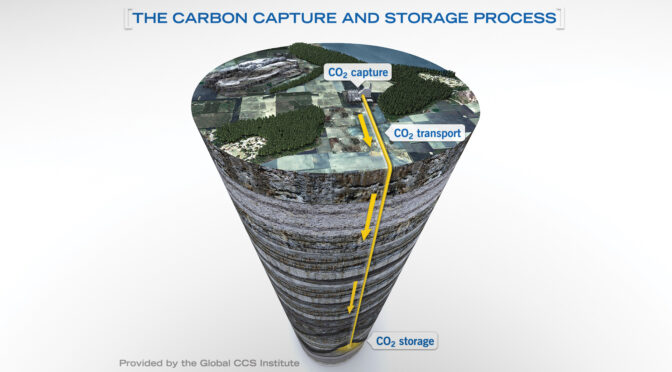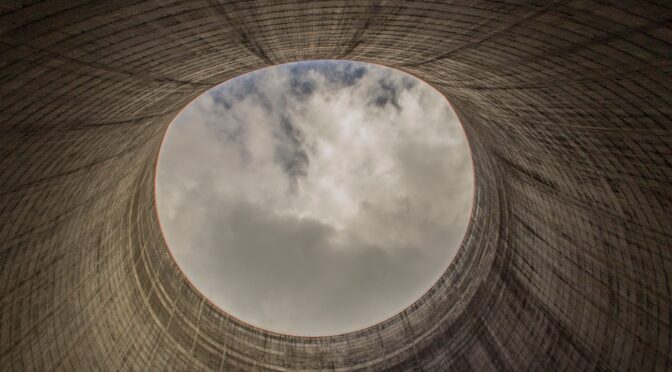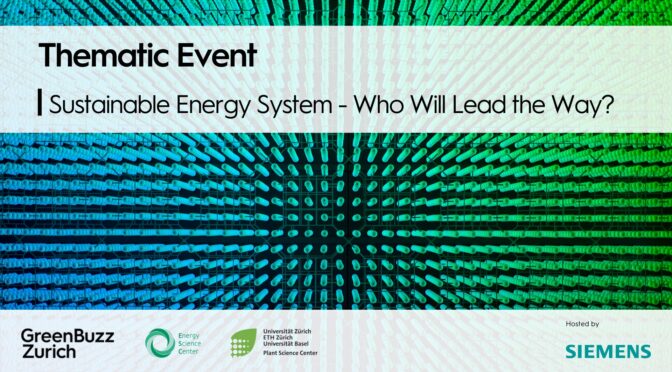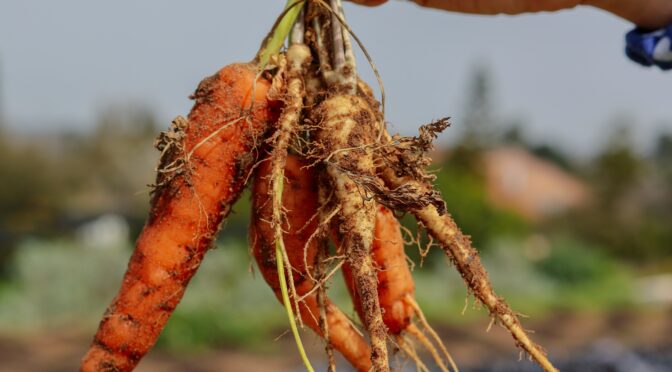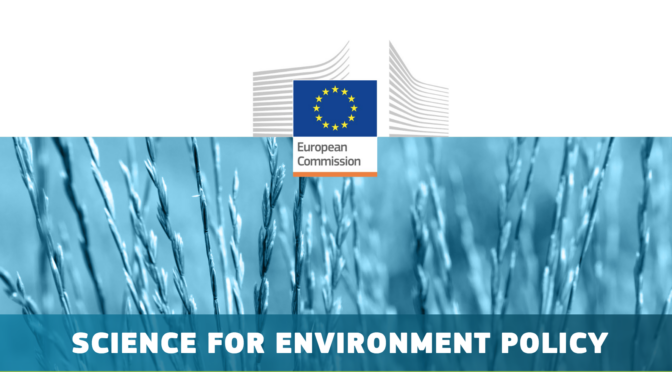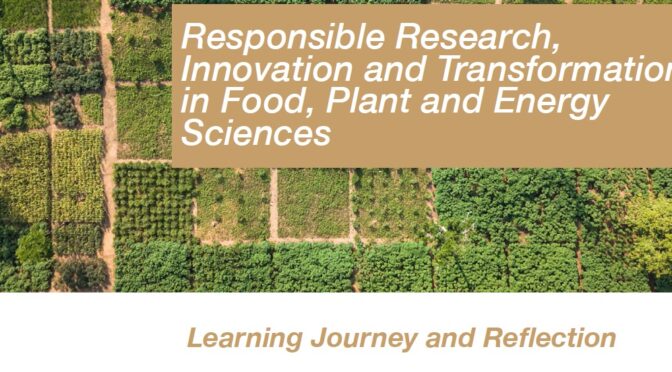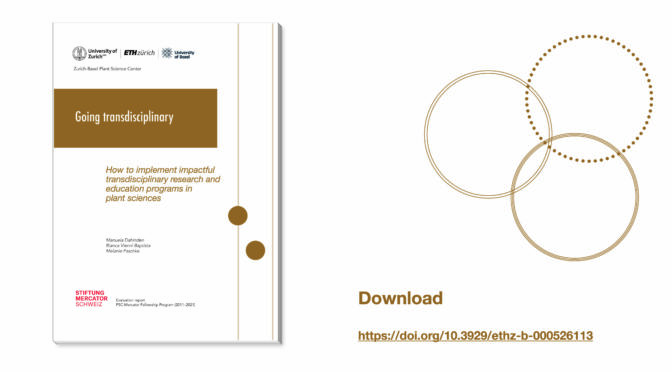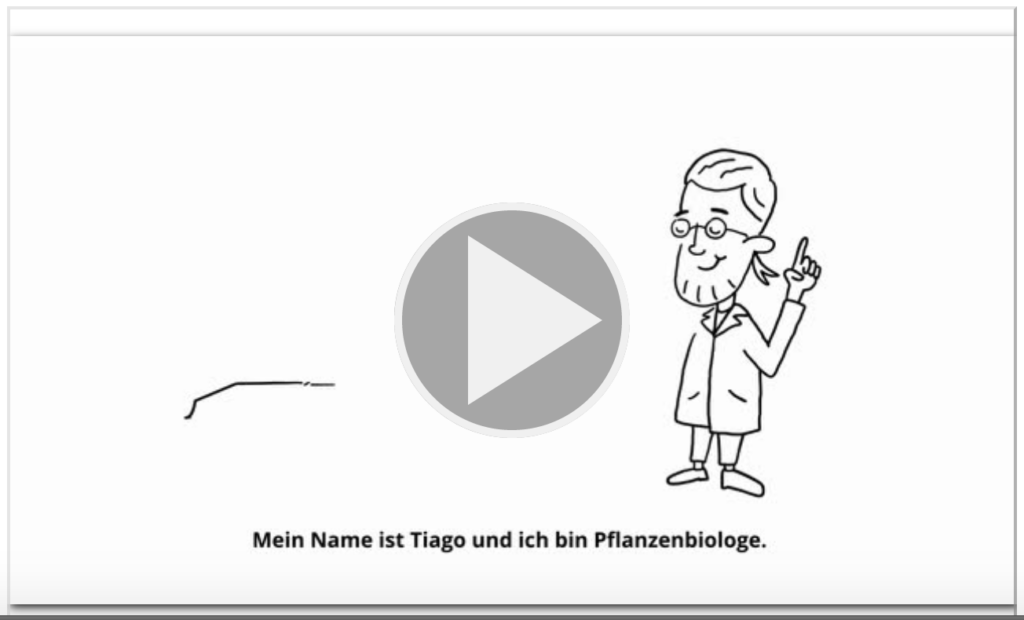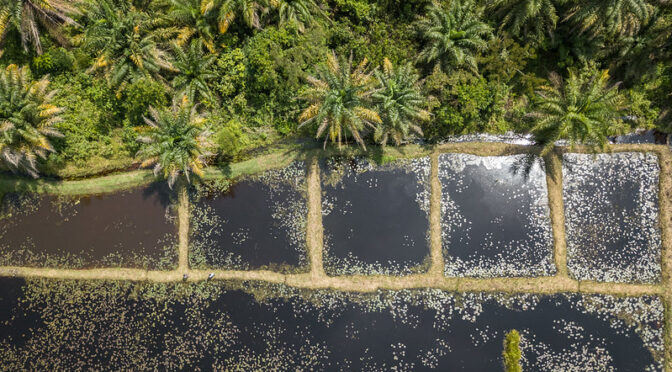Linda Frattini contributed to a policy report that evaluates possible governance frameworks for establishing a European CCS network. In principle, CCS projects are eligible for support through different European and national funding tools, but more ambitious support schemes for CCS projects through national governments seem to be necessary.
From the report:
CCS technologies are poised to help attain the EU’s 2050 net-zero target, mainly by effecting emission reduction in energy-intensive industries and underpinning carbon removal solutions. For this to happen, there is a need for a carefully planned and well-coordinated scale-up of emerging CO2 transport and storage networks, and for national governments to come forward with. This is particularly important for the Just Transition of many industrial regions and clusters in Central and Eastern Europe, where CCS can complement the deployment of renewables, especially in places where clean electricity is not available at the scale and within the timeframe required by the EU’s 2030 and 2050 emissions reduction targets.
Background:
Carbon capture and storage (CCS) is the process of capturing CO2 either through post-combustion capture [1] [FL1] or via direct air capture[FL2] [2], transporting it and storing it for centuries or millennia in deep geological formations or sequestering in mineral carbonates from CO2.
Continue reading Response Doctoral Programme: European Policy for CCS networks
